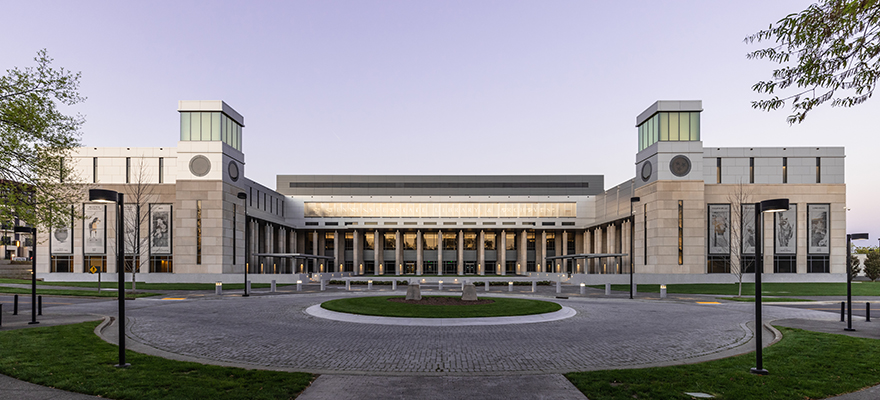On July 24, 1969, Apollo 11 safely splashed down into the Pacific Ocean. Neil Armstrong, Edwin “Buzz” Aldrin, Jr., and Michael Collins had flown all the way to the moon and back. Armstrong and Aldrin had set foot upon the moon, the first human beings to do so.
 |
| Apollo 11 Astronauts, Neil Armstrong, Michael Collins and Buzz Aldrin. This photograph was sent to Governor Buford Ellington as part of a press kit for the Apollo 11 Fifty-State Tour from 1970-1971. National Aeronautics and Space Administration. Governor Buford Ellington (Second Term) Papers, 1867-1971. Available via the Tennessee Virtual Archive. |
 |
| Apollo 11 Launch. This photograph was sent to Governor Buford Ellington as part of a press kit for the Apollo 11 Fifty-State Tour from 1970-1971. National Aeronautics and Space Administration Governor Buford Ellington (Second Term) Papers, 1867-1971. Available via the Tennessee Virtual Archive. |
 |
| Apollo Log, Governor Buford Ellington (Second Term) Papers, 1967-1971. Tennessee State Library and Archives |
Looking back on it, knowing what we all know now, it is easy to forget how impressive the feat truly was. Reading through issues of The Nashville Tennessean from July 1969, available to Tennesseans through the Tennessee Electronic Library, you see the uncertainty, wonder, and excitement felt by so many. Tennesseans can access that resource HERE. Like all Americans, Tennesseans were glued to their televisions and newspapers.
 |
| Nashville Tennessean, July 25, 1969, front page, accessed via Tennessee Electronic Library. |
Over the course of 1970 and 1971, NASA sent the Apollo 11 module, a moon rock, and other artifacts on a tour of all 50 state capitals. The exhibit visited Nashville on September 18-21, 1970. In Governor Buford Ellington’s papers is a press kit for the exhibit. The press kit includes photographs, a press release, technical drawings, and a log of events from the voyage. Two of the photographs can be viewed HERE on the Tennessee Virtual Archive (TeVA).
 |
| Press release, Governor Buford Ellington (Second Term) Papers, 1967-1971. Tennessee State Library and Archives |
 |
| Drawing from Press Kit, Governor Buford Ellington (Second Term) Papers, 1967-1971. Tennessee State Library and Archives |
 |
| Map of state capitals tour, Governor Buford Ellington (Second Term) Papers, 1967-1971. Tennessee State Library and Archives |
The Tennessee State Library and Archives is a division of the Office of Tennessee Secretary of State Tre Hargett
























